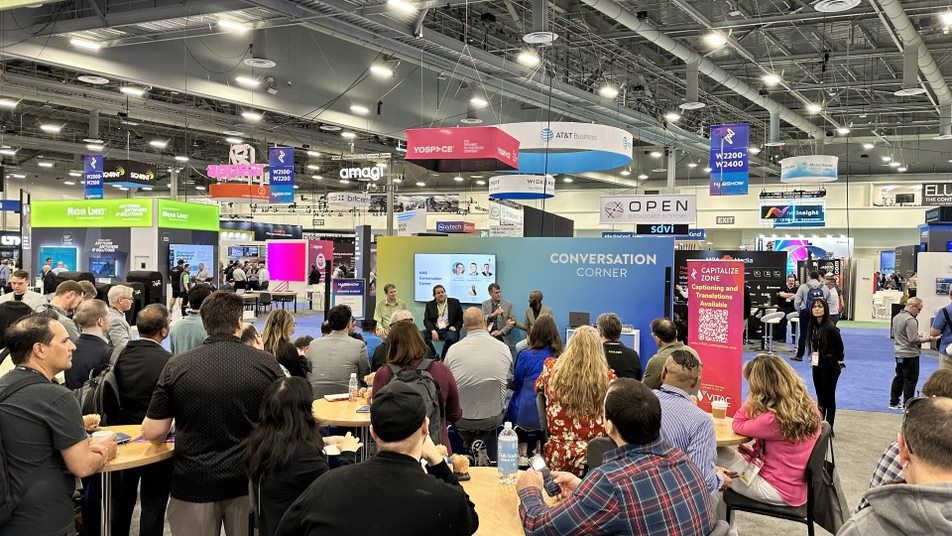A dozen business associations recently filed a brief before the 11th U.S. Circuit Court of Appeals asking the court to reconsider a lower court ruling that a business’s website did not meet accessibility standards under the Americans with Disabilities Act.
Though the group says that it supports the goals of Title III of the Americans with Disabilities Act, it argues that a series of recent court decisions have created “significant confusion” in how websites fall under Title III’s reach and, specifically, the steps that businesses must take to ensure their online presence meets accessibility requirements.
Title III prohibits discrimination on the basis of disability in places of public accommodation — businesses that are generally open to the public and that fall into one of 12 categories listed in the ADA, such as restaurants, movie theaters, schools, day-care facilities, recreation facilities, and doctors’ offices. Title III also requires newly constructed or altered places of public accommodation and commercial facilities to comply with the ADA standards.
The brief was filed in response to a U.S. District Court order this summer that supermarket chain Winn-Dixie had to make its websites accessible to people with visual impairments, ruling that Winn-Dixie’s website was a place of public accommodation and that it denied a visually impaired man “full and equal access” to its goods and services. (Gil v Winn-Dixie Stores, Inc.).
The brief, in support of Winn-Dixie, argues that the lower court’s decision in the case is inconsistent with Title III’s actual language, which, they say, limits the term “place of public accommodation” to physical establishments. Courts around the country, the group argues, have been applying that term to non-physical spaces, like websites, and, in doing so, have established a variety of inconsistent standards and imposed often shifting and unpredictable obligations on businesses.
If the appeals court affirms the lower district court decision, businesses will be forced “to do the impossible, and try to comply with nonexistent, undefined, and potentially ever-changing standards of website accessibility.”
One reason for the confusion is a lack of formal rulemaking on the matter from the Department of Justice (DOJ), which then places responsibility on the courts to interpret the law on their own.
The DOJ announced in 2010 that it would accept comments on proposed regulations governing ADA website accessibility. Since then, however, the DOJ has delayed guidance and postponed issuing its regulations. The DOJ was expected to address these regulations in 2018, but hopes for that have dimmed as the department recently placed the issue of website compliance on its “inactive list.”
The appeals court brief was filed on behalf of the Restaurant Law Center; American Bankers Association; American Hotel & Lodging Association; American Resort Developers Association; Asian American Hotel Owners Association; Chamber of Commerce of the United States of America; International Council of Shopping Centers; National Association of Convenience Stores; National Association of Realtors; National Association of Theatre Owners; National Federation of Independent Businesses; National Multifamily Housing Council; and the National Retail Federation.
For more information on ADA accessibility, please visit VITAC.com.




